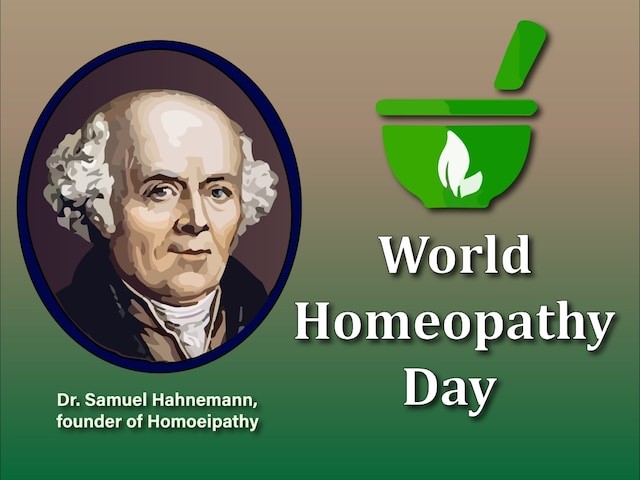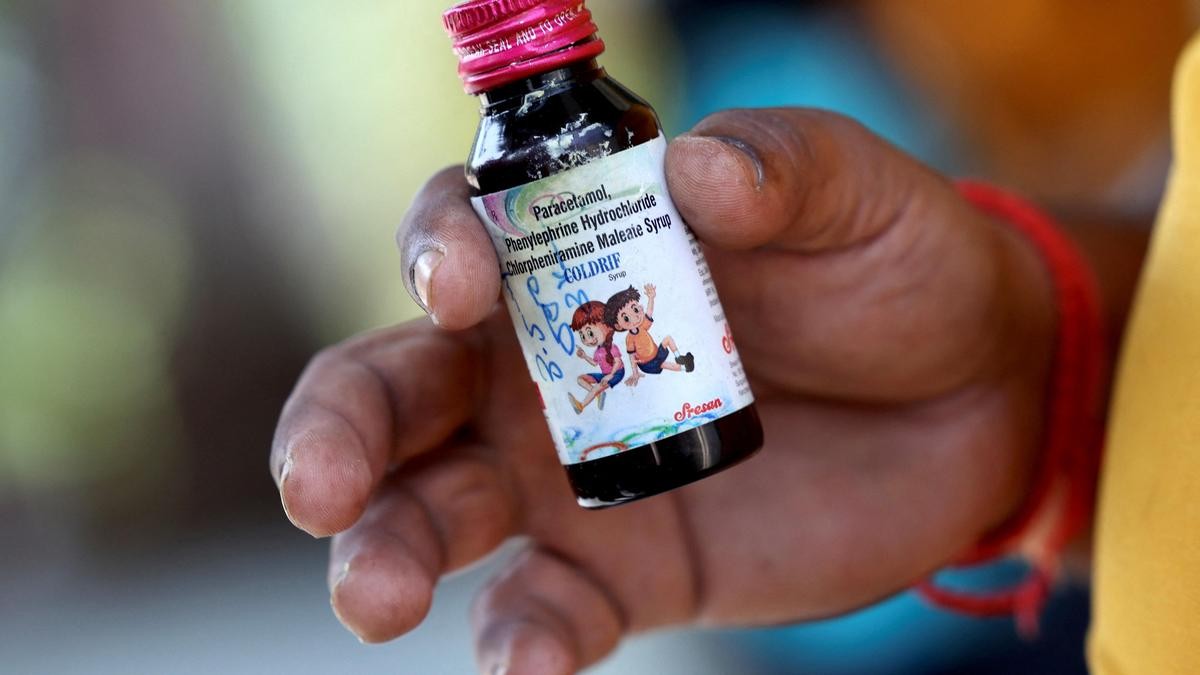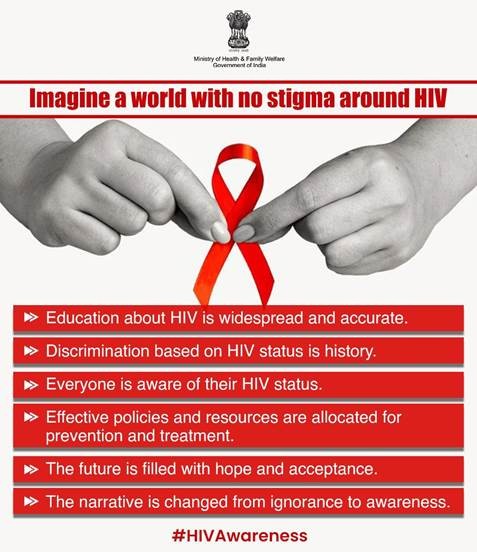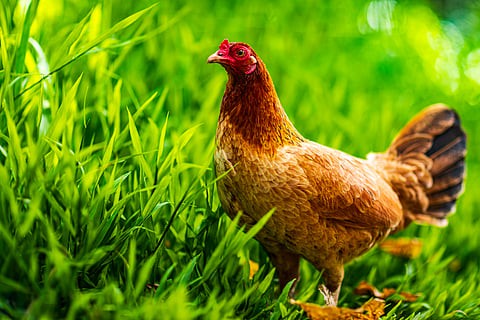Description

Source: News18
Disclaimer: Copyright infringement not intended.
Context
- World Homeopathy Day is celebrated on the birth anniversary of Dr. Samuel Hahnemann, the founder of homeopathy. He was born on April 10, 1755.
Details
- The day was officially established in 1997 in India, a country with a rich history of homeopathy.
- RK Manchanda, a prominent homeopath in India, envisioned the celebration to promote awareness of homeopathy's potential, leading to the formation of the World Homeopathic Day Organizing Committee in 2002.
Significance
- World Homeopathy Day holds immense significance in promoting awareness and dispelling myths surrounding homeopathic medicine.
- It serves as a platform for knowledge exchange among practitioners, researchers, and users, highlighting the contributions of homeopathy in healthcare.
About Homeopathy
- Homeopathy is a holistic system of medicine founded on the principle of "like cures like," where highly diluted substances are used to stimulate the body's innate healing abilities.
Basic Principles of Homeopathy:
- Like Cures Like: The principle that a substance that causes symptoms in a healthy person can treat similar symptoms in a sick person.
- Minimum Dose: The use of highly diluted remedies to minimize the risk of side effects while stimulating the body's healing response.
- Individualization: Treatment is tailored to each person's unique symptoms and constitution.
How Homeopathic Remedies are Prepared:
- Serial Dilution: Remedies are prepared through a process of serial dilution and succussion, where the original substance is diluted multiple times with water or alcohol.
- Potentization: Each dilution is succussed vigorously, believed to enhance the remedy's healing properties despite the increasing dilution.
Benefits of Homeopathic Medicine:
- Natural Recovery: Homeopathy utilizes the body's natural healing processes for treating illnesses.
- Address Root Cause: Remedies are tailored to address the underlying cause of the illness.
- Minimal Side Effects: Homeopathic medicines, made of non-toxic substances, have minimal side effects.
- Holistic Wellness: Homeopathic treatment can be integrated with other medical systems, promoting holistic wellness.
- Digestive Friendly: Unlike conventional medicines, homeopathic pills do not disrupt digestion or lower the body's resistance.

Criticisms:
- Lack of Scientific Evidence: Critics argue that the principles of homeopathy are not supported by scientific evidence, and any perceived benefits may be due to a placebo effect.
- Dilution Concerns: Skeptics question the efficacy of highly diluted remedies, suggesting that they contain no active ingredients.
- Delayed Treatment: Relying solely on homeopathy for serious or life-threatening conditions may delay necessary medical intervention.
Regulation:
- The practice of homeopathy is regulated differently in various countries, with some recognizing it as a licensed medical profession and others classifying it as complementary or alternative medicine.
Conclusion
- Homeopathy offers a holistic approach to health and wellness, focusing on individualized treatment and minimal side effects. While it remains a subject of debate and controversy, many people worldwide continue to benefit from homeopathic treatment for a variety of health conditions.
Must Read Articles:
India’s AYUSH sector
National AYUSH Mission
Sources:
News18
|
PRACTICE QUESTION
Q. Consider the following statements in reference to World Homeopathy Day:
1. World Homeopathy Day is celebrated on the birth anniversary of Dr. Samuel Hahnemann, the founder of homeopathy.
2. The term "allopathy" was coined in 1810 by Samuel Hahnemann to designate the usual practice of medicine.
Which of the above statements is/are correct?
a)1 only
b)2 only
c)Both 1 and 2
d)Neither 1 nor 2
Answer: c
|











